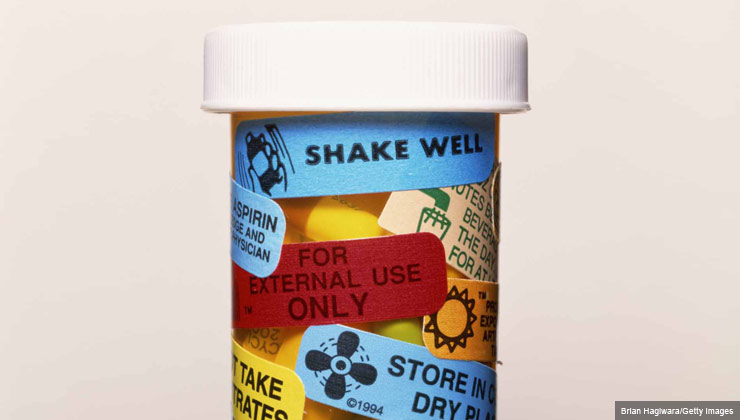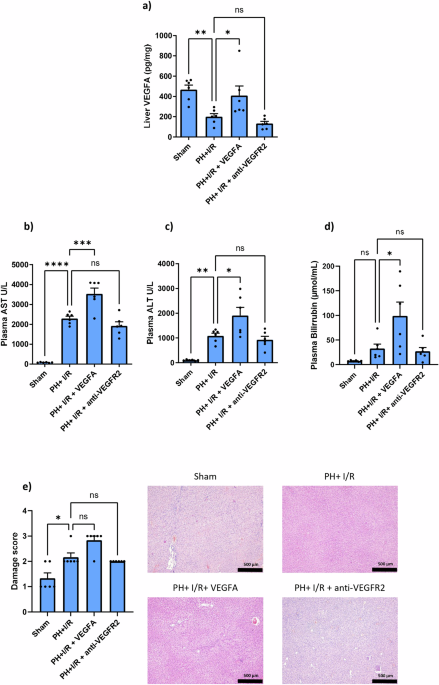
- Select a language for the TTS:
- UK English Female
- UK English Male
- US English Female
- US English Male
- Australian Female
- Australian Male
- Language selected: (auto detect) - EN
Play all audios:
TAKE ONCE (OR TWICE) DAILY: Ask the doctor or pharmacist precisely when the medication should be taken, Davis says. Does twice daily, for example, have to be 12 hours apart, or is swallowing
the pill sometime during the morning and evening OK? Be sure to check which meds can be taken together, she adds. By taking pills together, you’ll simplify what you have to do and when you
have to do it. TAKE AS NEEDED: Find out why your doctor has given you this flexibility, says Lee Ann Lindquist, M.D., a geriatrician at Northwestern University Feinberg School of Medicine.
It may be because a patient prescribed a pain medication every four to six hours doesn’t need to wait four hours if he has intense pain, she says. One precaution: Don’t load up a pill
container each week and take the “as needed” pills without a second thought. TAKE WITH FOOD: A full meal isn’t usually necessary unless the label specifies to take the medication at
breakfast or dinner, says Bradley Williams, professor of pharmacy and gerontology at the University of Southern California in Los Angeles. Instead, you can eat a container of yogurt or
another decent-sized snack — more than a few crackers — to protect against stomach irritation. TAKE WITH WATER: It’s crucial to take some medications with lots of water. That’s true, for
example, of osteoporosis drugs called bisphosphonates — including Actonel (risedronate), Boniva (ibandronate) and Fosamax (alendronate). At least 8 ounces of water are needed to wash down
the pill and avoid any esophageal irritation, Williams says. LIMIT SUN EXPOSURE: Some medications, such as the antibiotics Bactrim and Septra, can react to sunlight, increasing the risk of
severe sunburn, Williams says. But the warning “doesn’t mean you have to become cloistered,” he says. Check with your doctor, but typical sun precautions should be fine — limiting exposure
and wearing protective clothing and sunscreen. AVOID ALCOHOL: Sipping a glass of wine or having a drink while taking some medications can cause side effects such as drowsiness, increasing
the risk of accidents or falls, Williams says. And drinking while taking some narcotic pain meds, including Percocet or Vicodin, also can cause nausea or vomiting he says. Ask your doctor
how much and when you can drink if the label says avoid alcohol.









